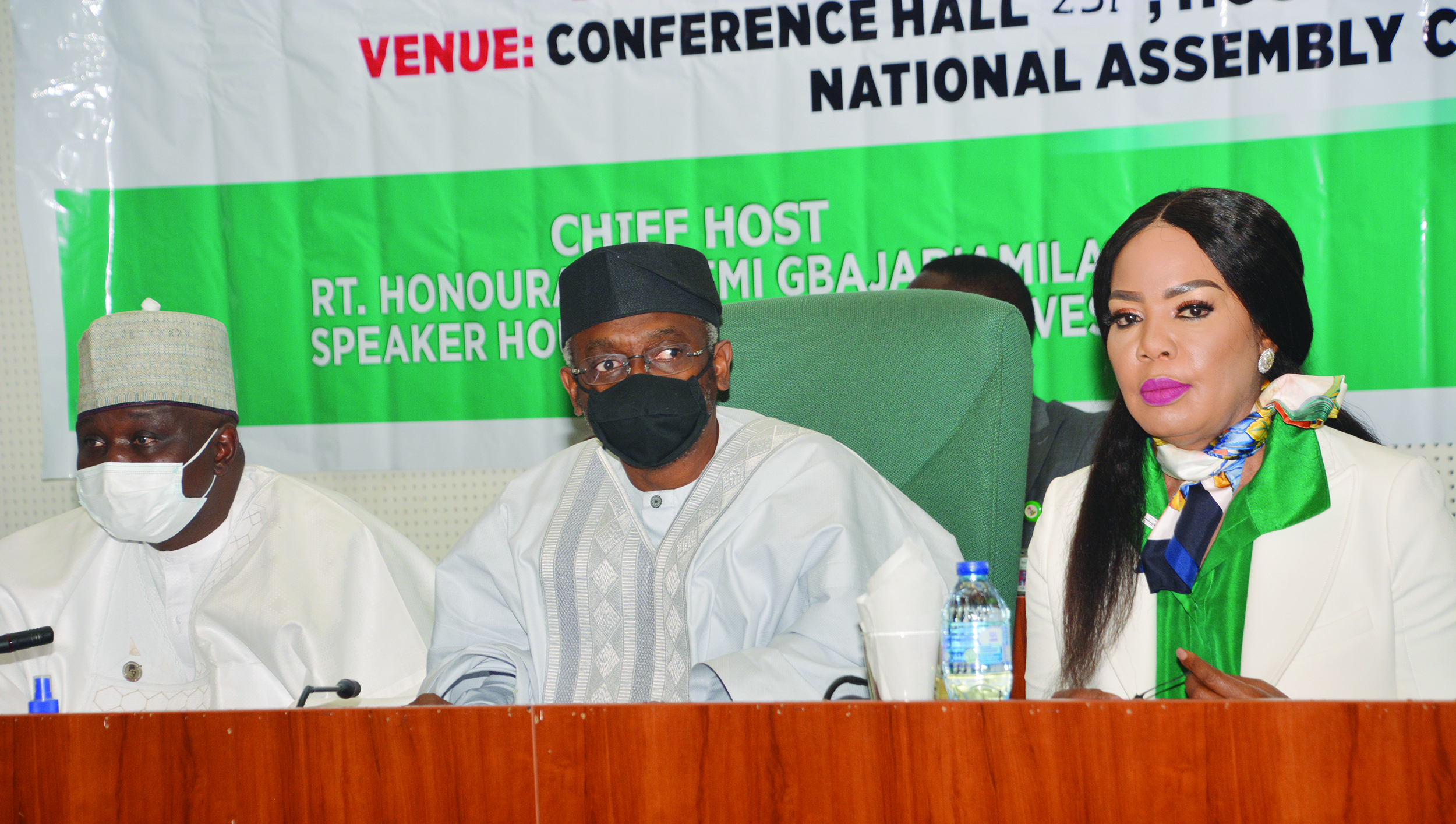Business
Oil Production Nosedives As Addax Workers Begin Strike

Nigeria’s oil production may have suffered further decline of not less than 22,000 barrel per day, as employees of Addax Petroleum Development Nigeria (APN), have downed tools over perceived anti-labour practices.
Addax, owned by China’s Sinopec Group, has four Oil Mining Licences, OML 123, 124, 126 and 137, operating the assets in Production Sharing Contract (PSC) with the Nigerian National Petroleum Corporation (NNPC) before its transformation to a limited liability company.
The company has about 324 Nigerian workers made up of 141 permanent staff and 183 contract employees.
Under the aegis of Petroleum and Natural Gas Senior Staff Association of Nigeria (PENGASSAN), the striking workers, said they began the industrial action, last Wednesday, after several efforts to engage Addax management on pending labour issues were rebuffed following the announcement of the revocation of its licences by the Federal Government.
The aggrieved workers are threatening to shut all the company’s operations including oil wells, valves crude lifting and export terminals operating by Addax if the company refuses to engage them.
It was gathered that sequel to the notification by the APN Management informing its employees on the withdrawal of operating licences by the NNPC in a town hall meeting, both parties met and reach a financial term of exit settlement for all the workers.
According sources, it was agreed that the financial exit settlement would be executed at the expiration of Addax Petroleum Nigeria’s PSC agreement for OML 123 and 124 by July 1, 2022.
One of the staff said “Addax Management has so far rebuffed our calls for the execution of the financial exit settlement and other employees ‘related issues.”
The striking workers claimed “that the Federal Government has done everything possible through the National Petroleum Investment Management Services, NAPIMS. All attempts to get the management to the negotiation table to ensure issues are settled amicably have been frustrated by APN.”
Confirming the development, PENGASSAN’s Senior Assistant General Secretary, Lagos Zone, Babatunde Oke said, “the strike was embarked upon by our members due to the management’s refusal to engage our association on the financial settlement earlier agreed on.
“The workers have waited patiently for the management “trying to understand its plights but it is like they are insensitive to our own problems. Many letters have been written asking for a meeting but the management refused to meet them.”
Recall that Addax suffered the revocation of licences by the then Department of Petroleum Resources (DPR), in March 2021.
The regulatory agency claimed that the licences were revoked due to refusal of Addax Petroleum to fully develop the affected assets, alleging that this action has robbed the government of revenue that could have been generated from assets.
DPR, now Nigeria Upstream Petroleum Regulatory Commission, claimed that the average reserve profile of the assets showed that oil reserves have remained essentially flat, as Addax never made efforts to grow the reserves, adding that crude oil in all three producing assets had been declining over the years due to inadequate investment by the company.
It stated that the entire OML 137 holds about five trillion cubic metres in two key reserves, but the company failed to develop this asset in line with the government’s gas revolution policy, describing this as “economic sabotage.”
The revocation was recently confirmed by the current Chief Executive Officer of NUPRC, Engineer Gbenga Komolafe, who reiterated that Addax refused to renew its licences and therefore those licences stand revoked.
Business
Tinubu’s RHI Doles Out N50m To 1,000 Kwara Petty Traders

Business
UBA To Educate SMEs, Business Owners On Withholding Tax

Business
Nigeria Losing $40b Annually From Maritime Sector – NIMENA
-
Nation5 days ago
Council Boss Flags Off Projects
-
Business5 days ago
LCCI Urges FG To Front Manufacturing Reforms
-
Nation5 days ago
NGO Honours Individuals, Groups For Outstanding Contributions To Humanity
-
Business5 days ago
CBN Releases FX Code To Mitigate Financial Risks
-

 Editorial5 days ago
Editorial5 days agoNo To Hike In Telecom Tariffs
-
Nation5 days ago
Rivers CP Eulogises LG Boss Over Donation Of Vehicles
-
Business5 days ago
Aviation Stakeholders Raise Alarm Over NCAA Appointment Saga …Harp On Safety
-
Opinion5 days ago
Fubara @ 50: Golden Sparkles And Magic Bullet

